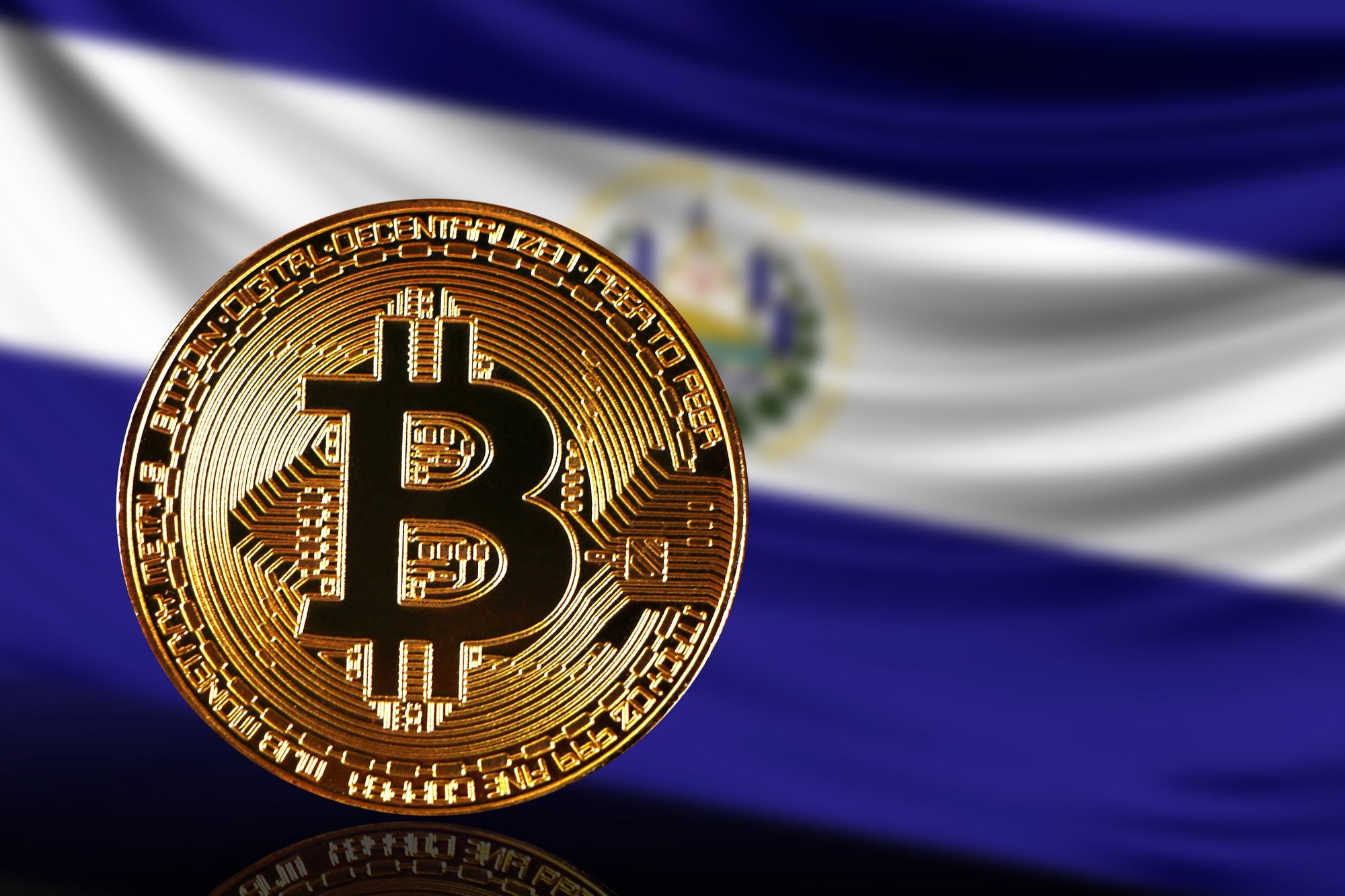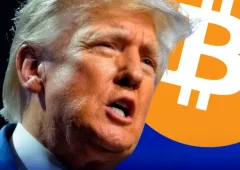El Salvador Boosts Bitcoin Holdings After $1.4B IMF Agreement
20.12.2024 20:00 1 min. read Alexander Zdravkov
El Salvador recently added $1 million in Bitcoin to its Strategic Bitcoin Reserve, just a day after finalizing a $1.4 billion financing agreement with the International Monetary Fund (IMF).
This marks a departure from the government’s prior strategy of purchasing “one Bitcoin per day,” a practice announced by President Nayib Bukele in late 2022. With this latest acquisition of 11 Bitcoin, El Salvador’s total holdings now stand at approximately 5,980 BTC, valued at around $580 million.
Stacy Herbert, Director of the National Bitcoin Office, hinted at potentially ramping up Bitcoin purchases. However, the IMF deal imposes limitations on government-led Bitcoin activities.
To secure the funding, El Salvador agreed to confine its Bitcoin transactions, ensure private sector participation remains optional, limit tax payments to U.S. dollars, and reduce the state’s involvement in its Chivo wallet operations.
This agreement, pending final IMF Executive Board approval, ends prolonged negotiations strained by the country’s pro-Bitcoin policies, which the IMF previously flagged as a financial risk.
-
1
Strategy Claims It Can Weather a Bitcoin Crash to $20K Without Trouble
16.07.2025 14:08 1 min. read -
2
Peter Schiff Warns of Dollar Collapse, Questions Bitcoin Scarcity Model
12.07.2025 20:00 1 min. read -
3
Corporate Bitcoin Adoption Soars: 125 Public Companies Now Hold BTC
16.07.2025 20:00 2 min. read -
4
Bitcoin ETFs See $1B Inflow as IBIT Smashes Global AUM record
11.07.2025 21:00 1 min. read -
5
Bitcoin Reaches $119,000 Milestone as Corporate Demand and ETF Inflows Rise
13.07.2025 17:45 2 min. read
Where Is The Smart Entry Point For Bitcoin Bulls?
With Bitcoin hovering near $119,000, traders are weighing their next move carefully. The question dominating the market now is simple: Buy the dip or wait for a cleaner setup?
Matrixport Warns of Bitcoin Dip After Hitting This Target
Bitcoin has officially reached the $116,000 milestone, a level previously forecasted by crypto services firm Matrixport using its proprietary seasonal modeling.
Bitcoin Risk Cycle Flips Again as Market Enters Safer Zone
Bitcoin’s market signal has officially shifted back into a low-risk phase, according to a new chart shared by Bitcoin Vector in collaboration with Glassnode and Swissblock.
Robert Kiyosaki Warns of 1929-Style Crash, Urges Bitcoin Hedge
Financial author Robert Kiyosaki is once again sounding the alarm on America’s economic health.
-
1
Strategy Claims It Can Weather a Bitcoin Crash to $20K Without Trouble
16.07.2025 14:08 1 min. read -
2
Peter Schiff Warns of Dollar Collapse, Questions Bitcoin Scarcity Model
12.07.2025 20:00 1 min. read -
3
Corporate Bitcoin Adoption Soars: 125 Public Companies Now Hold BTC
16.07.2025 20:00 2 min. read -
4
Bitcoin ETFs See $1B Inflow as IBIT Smashes Global AUM record
11.07.2025 21:00 1 min. read -
5
Bitcoin Reaches $119,000 Milestone as Corporate Demand and ETF Inflows Rise
13.07.2025 17:45 2 min. read


